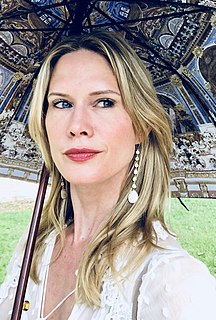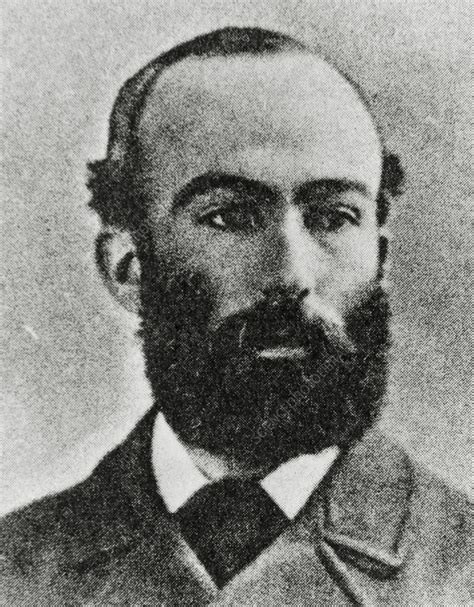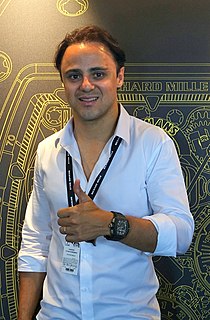A Quote by John Kasich
There were 16 people in the race, including a number of governors, and there's only one left. And I think that at the end we have to make sure that we have somebody that can go to that town, change that system, grow employment, change the whole way in which it works and ship power money and influence back to the states. So I'm optimistic about it.
Related Quotes
The best way to make change is to know how something works. If you're going to go build something or change whatever it is, if you don't know how it works and you're trying to go make a change in it, the first thing you're doing is you're spending time figuring out how it works. The same thing happens in organizations.
That's how oppression works. Thousands of otherwise decent people are persuaded to go along with an unfair system because changing it seems like too much bother. The appropriate response when somebody demands a change in that unfair system is to listen, rather than turn away or yell, as a child might, that it's not your fault. Of course it isn't your fault. I'm sure you're lovely. That doesn't mean you don't have a responsibility to do something about it.
Charity only works when smart, innovative, compassionate people in the field are supported from home. The World of Children Award raises money and visibility for change makers, people doing the real work. We are a conduit for funding and resources only; all of our operating costs are covered by our generous board of governors.
With respect to our friends in the [Iraq] region, each has its own system, each will have to make its own judgment as to whether it will change, how fast it will change, and we hope that we can help influence them as to how change comes about and what change might be better for them than other forms of change.
When we really need to work hard to make sure that these ideas about constructive social change culturally, ecologically and politically, come to pass. And that's only going to happen if people support the leadership, because the same power structures are still in place, and it's not in their best interests to change.
Capitalism does not permit an even flow of economic resources. With this system, a small privileged few are rich beyond conscience, and almost all others are doomed to be poor at some level. That's the way the system works. And since we know that the system will not change the rules, we are going to have to change the system.
There seems to be something in the zeitgeist, and maybe it's a function of - I'm no analyst, nor am I a psychologist - when you look at things and say, What if I could go back and change things? I think we live in a world right now where people are asking those questions a lot. What if we could go back and change what we did? How would we change the way we handled things in the Middle East, and how would we change things with the banking industry, and how would we change economic and educational issues?
What I think about derivatives is if every institution that owns or trades them is properly margined and marked to market, including end-users, including every institution, including sovereigns and multilateral institutions, then the system would be safe - if people were margined the way customers of investment banks are margined.
The most encouraging sign is that 71 percent of the public believe the system is profoundly corrupted by the power of money. Ninety-six percent of the people believe it's "important" that we reduce the influence of money. Yet 91 percent think it's "not likely" that its influence will be lessened. Think about that: People know what's right to do yet don't think it can or will be done.
You have to be open to change. I never stop making sure that what I say is the best of what could be said about a particular thing. It's a constant evolution. If I planted a tree one way yesterday and somebody tells me of a better way to plant a tree, I think, You know, they're right, that's better. Then I change my way to accommodate the new way of planting trees.


































